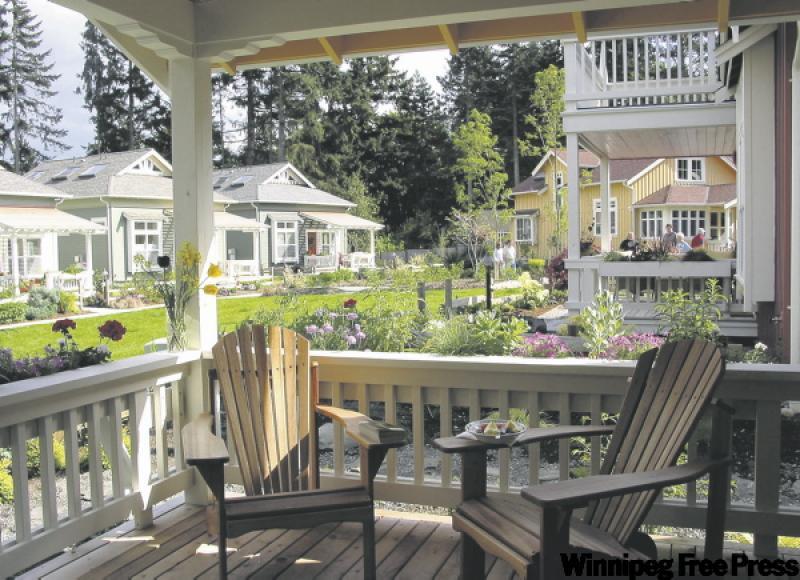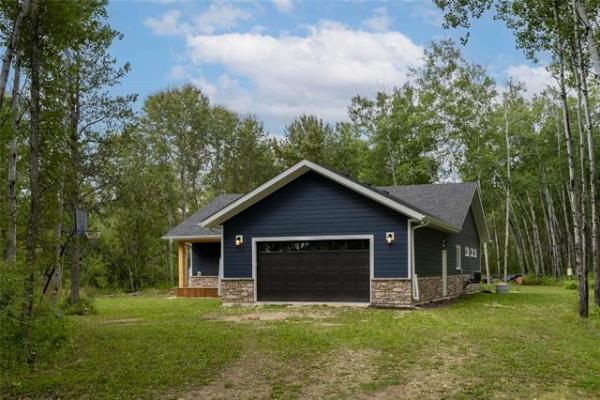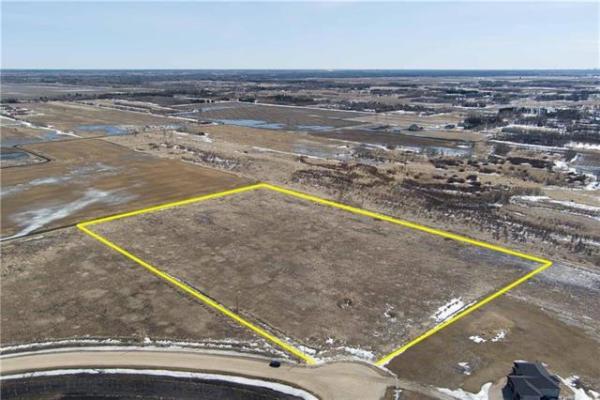

Here we go again. Baby boomers, having practically remade the western world in their own image, are gearing down for retirement and this time it's the housing market that's being transfigured. Or at least getting a nip and tuck.
Some 3.7 million Canadian boomers are between 55 and 64 years old, prime retirement age, according to Statistics Canada's 2006 census. In less than 10 years, that age group will skyrocket to one in five Canadians.
True, it will take a while for all the boomers -- those born between 1946 and 1965 and the largest group in the Canadian population -- to take the golden handshake. And no one knows exactly what housing choices they will finally make or how it will impact housing. But count on this: the huge numbers will mean changes to how and where we live.
The changes have already started, with builders unveiling adult-lifestyle communities of bungalow townhomes, sometimes including a central community centre where residents gather for cards, potlucks or swimming classes.
Condo builders are attracting silver buyers with luxury apartments featuring tennis courts and hobby rooms.
The momentum for housing alternatives is building.
For starters, 28 per cent of Canadians polled in a 2006 Royal LePage survey said they intend to sell their homes as part of their retirement plan. Granted, the downturn in the housing market has temporarily shrunk resale opportunities and many Canadians, stung by the recession, have postponed retirement. But stability will return, and hordes of boomers will be scouting for new digs.
Depending on immigration patterns, the homes left behind could be snapped up by new Canadians or by younger folks; if boomers move downtown, their old homes could help ease urban sprawl. For sure, the face of older, established neighbourhoods will change.
That same Royal LePage survey found about 37 per cent of relocating boomers will want a smaller home.
"Developers are already thinking in those terms," says Pierre de Varennes, president-elect of the Ottawa Real Estate Board.
He points to the growth in condos and bungalows as examples. "Fifteen years ago, we saw very few bungalows being built." Along with lower operating costs and less maintenance, one-storey homes are easier on aging joints, says de Varennes.
The demand for smaller homes is fuelling price increases, at least in condominiums. According to Sandra Perez Torres, CMHC's senior market analyst for Ottawa, retirees and young professionals are the major buyers of condos. Relatively higher condo prices -- and retirees helping ignite them -- were the story in most major Canadian cities, Perez Torres says.
Whether it's a condo, bungalow or a spot in one of the adult communities springing up across Canada and gaining popularity in the United States, boomers are demanding amenities to complement their active lives.
Soaking tubs and space for hobbies are de rigeur. Ditto proximity to bike paths and fitness centres. And while a well-appointed kitchen is a plus, big is not always better: retired boomers like restaurants.
Not that boomers are about to move far for these amenities. Between 1990 and 2000, according to AARP (formerly the American Association of Retired Persons), nine out of 10 Americans over 60 were living in the same county in which they'd lived five years earlier.
More significantly, more than 75 per cent of those in the survey stayed in the same house -- not all that different from the Royal LePage finding in 2006, but the absolute numbers are mushrooming. "Aging in place," as it's called, seems a human instinct.
"Typically those who're retiring stay in their home until they can't anymore," says Brian Card, president of The CRG Consulting Group in Ottawa. "There's a comfort level. They know the community stores. They bought the house for nothing, and now it's paid for."
That reluctance to move, again because of sheer numbers, could create the same bottleneck in the resale housing market that Generation X says their elders have fostered in the employment market. That in turn might fuel the very urban sprawl that some boomers' downsizing is helping combat.
No one really knows. "There's no one leading trend, only indicators about how the retiring hordes will impact the housing market." says Card.
Other experts say this trading up will be a nationwide phenomenon, since the bulk of baby boomers were born in the early 1960s and, now in their peak earning years, are eager to upscale.
Another sure bet: a renovation explosion among flush boomers who stay put.
In fact, a Home Depot survey a couple of years ago found 65 per cent of boomers plan to renovate. Look for everything from in-law suites for aging parents to home theatres and workout rooms.
Other retiring boomers -- 22 per cent of those Royal LePage polled -- will put money into recreational properties. Yet others will travel.
Bottom line? Don't expect easy answers when it comes to retiring boomers and the housing market. The generation has never been big on predictability.
-- Canwest News Service




